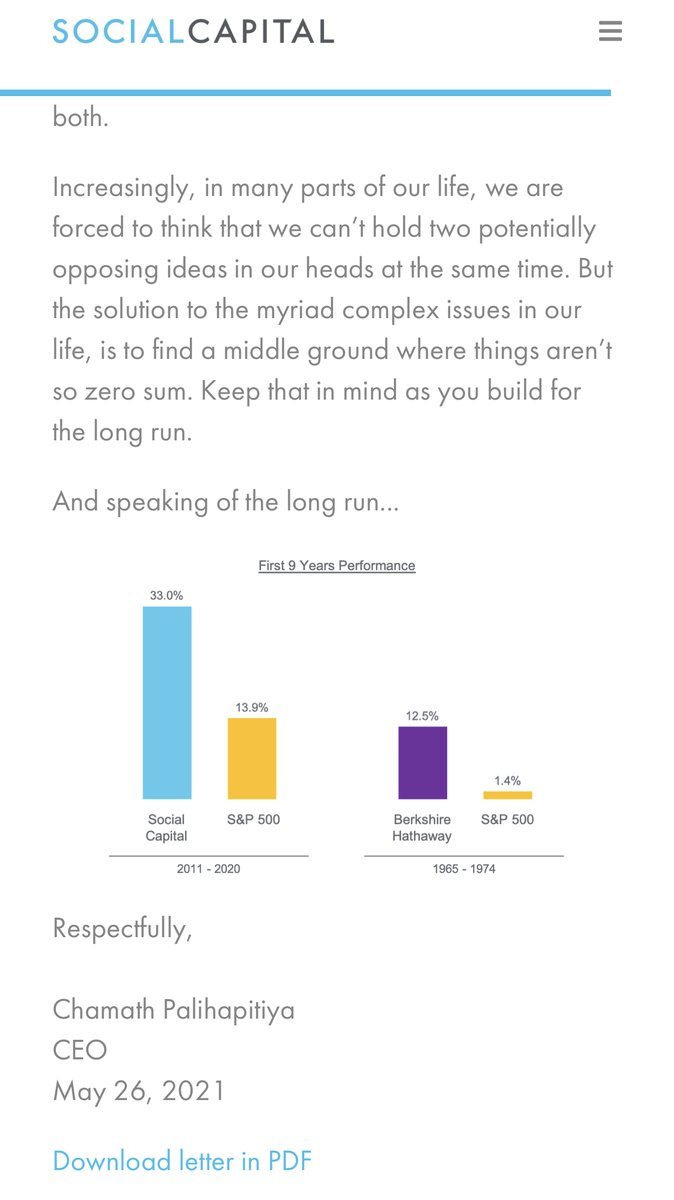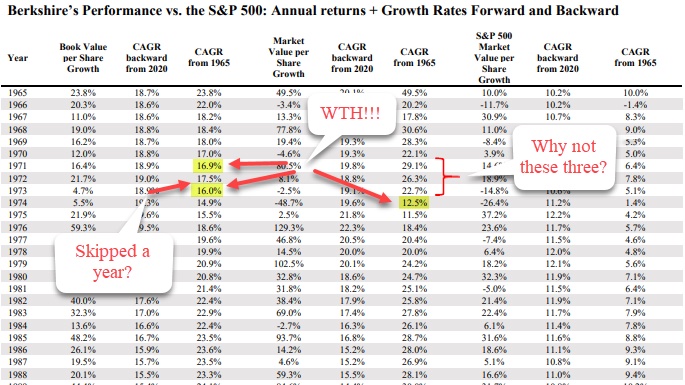
Happy Independence Day! 🇺🇸🎇 Doing some quarter-end portfolio/index maintenance before the pyrotechnics and some interesting observations about S&P 500 index sales and earnings. Expect some negative surprises on the horizon given an extrapolation of what appears to be a boom. 1/
Index sales per share fell 3.7% in 2020, but the share count rose 1.8%, as it does during crises when companies need money but shares are cheap. Buy high, sell low. Overall dollar sales thus declined only 2.0% from $11.72T to $11.48T. 2/
EPS (operating, so pre writeoffs) fell 22% from $157.12 to $122.37. A huge recovery in profit & sales is underway. Wall Street pegs EPS at $187.30 & $210.69 for '21 & '22. Let’s assume a full recovery in dollar revenues to a linear 2.5% nominal growth from 2019 through 2022. 3/
Let’s ALSO assume companies are back to form in retiring 1% of net shares per year here in 2021 and next year (giving 2%, buying 3%). On a full recovery in the top line, 2019’s net margin of 11.1%, which fell to 9.0% in 2020, rises to 12.7% in 2021 and 13.8% in 2022. Sure. 4/
No doubt companies are doing more with less, hence productivity will appear off the charts this year thanks to so many still sitting home collecting stimulus and unemployment checks coupled with some companies shrinking their office overhead. 5/
However, prior to this year the prior quarterly peak in profit margin for the index was 3Q 2018 at 12.13%. It looks like a boom, and by measuring sales and earnings against 2020’s depressed figures it is. It's easy to forget how bad things were last year in certain sectors. 6/
When the investment world catches on and more logically measures growth not year-over-year but from '19 to '21 and '22 (as Nike recently & conservatively did), the reality of an economy growing very slowly will be apparent. Inflation figures are also calculated on a y/y basis. 7/
Yes, interest rates are low, but they are low because total credit market debt is at 400% of GDP and federal debt approaches 140%. Not only do you discount future profits with interest rates, but a low growth component works against valuation. Check Japan on this. 8/
Further, once repos return in earnest (they are, w/ the share count down in 2Q for the first time since 4Q 2019) and chew up more than half of corporate profit, we’re back to giving away the company to insiders and using what should be owner profit to mask front-end dilution. 9/
When shares are repurchased with disregard to price/value, it’s very difficult for shareholders to win. The diversion of operating profit to insiders is enormous. Return on equity is also materially overstated, with companies writing down 23% of operating profit during 2020. 10/
Despite operating earnings of $122.37/share during 2020, book value per share only rose 1.4%, from $914.49 to $927.52. If you think the aggregate of companies are earning 20% in 2021 on trailing equity and REINVESTING at anywhere near that rate, think again. 11/
With more than 100% of profits geared to dividends & expensive repos, little money is invested for the benefit of the shareholder. Individual companies do it differently - some well and others as capital destroyers. In aggregate, however, expect surprises, and not good ones. 12/
Wall Street analysts, both top-down and bottom-up, are generally too optimistic about future profits. They are way ahead of a realistic outcome at the moment. As for $210.69 in S&P 500 profit for 2022, remember the words of President George H.W. Bush, or Dana Carvey...
• • •
Missing some Tweet in this thread? You can try to
force a refresh











